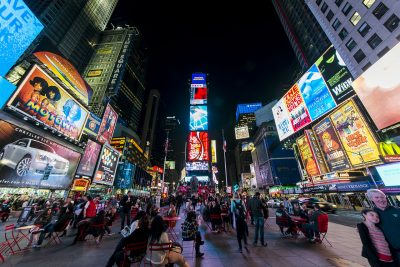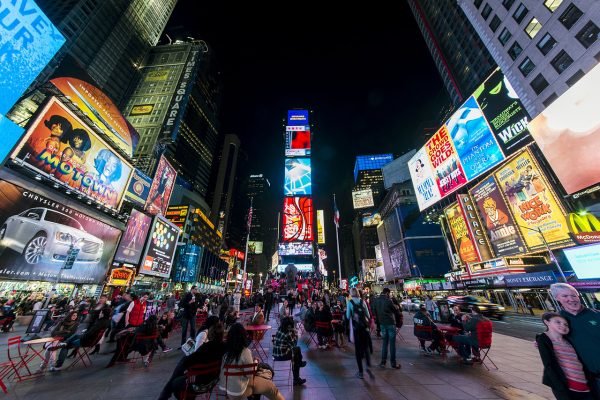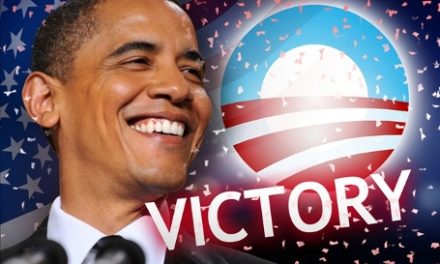By Kumar Balani
NEW YORK – Donald J. Trump campaigned on minimizing the illegal entry of aliens and reduction of crimes committed by them as one of his important objectives as President of the United States. He has successfully achieved it, as data from US Customs and Border Patrol (CBP) show annual declines of illegal entrants through the still-porous US-Mexico border.
In Fiscal Year 2016 (1 Oct. 2015 to 30 Sept. 2016) when Barack Obama was president, there were 12,842 arrests of illegal aliens for various crimes committed by them, including illegal entry and illegal re-entry by those deported. The crimes included assault, battery, and domestic violence; burglary, fraud, larceny, robbery, and theft; driving under the influence, homicide and manslaughter, illegal drug possession and trafficking, illegal entry and re-entry; illegal trafficking, transport, and weapons possession; sexual offenses.
In the following Fiscal Year 2017 (1 Oct 01, 2016 to 30 Sept. 2017) there was a dramatic drop of 33 percent to 8,531 (form 12,842) in such arrests of illegal entrants from the US-Mexico border. All that campaign talk must have had a chilling effect on those thinking about attempting to cross the southern border of the US.
In the following Fiscal Year 2018 there was a further drop of 22 percent to 6,698 (from 8,531).
Much less is known about President Trump’s accomplishments in rightfully keeping legal entrants in check, and preventing them from violating the lengths and terms of stay of their nonimmigrant visas. We provide that to you now.
People who work in the various units of the DHS have rightfully deported those individuals who had gone out of status, such as students who overstayed beyond their visa expiry dates, without filing on time, for change of status to H-1B visas with employment and sponsorship offers.
Some students who filed in 2018 for H1B visas while their student visas had not yet expired, have faced difficulties / delays in getting their applications accepted and/or reviewed. Legal entrants with other types of visas have also faced difficulties, as some of our readers can affirm.
For example, David J. Bier points out in his Nov 15, 2018 New York Times Opinion piece that denials of not only H1B applications but for green cards, travel permits, work permits, and others, submitted to the United States Citizenship and Immigration Services (USCIS) were 37 percent higher in 2018 than in 2016 during the administration of President Barack Obama.
Non-immigrants besides students and H1B visa applicants are also experiencing closer examinations of their applications for conversion to other of visas, be they for temporary or permanent stay, in today’s more vigilant immigration environment, as compared with a previously liberal immigration policy that included DACA
This ‘Deferred Action for Childhood Arrivals’ program enabled individuals with unlawful presence in the US, after being brought in to the country as children, to receive a renewable two-year period of deferred action from deportation, and become eligible for a work permit. This is a controversial political issue that rewarded illegal entrants for violating US immigration laws.
My advice to existing and intending non-immigrant holders of various types of US visas: Know the terms of your visa, do not violate the requirements of your visa status, and become aware of all current news and announcements pertaining to your type visa, whether it be a business, clergy, family visit, investor, student, tourist, or other category of visa.
Besides many holders of non-immigrant visas (such as students as we pointed out above) some already legalized immigrants as well, are facing much closer close scrutiny of their incomes and assets in today’s vigilant immigration era.
For example, those who do not qualify for, but who attempt anyway, to receive Federal assistance (such as cash assistance, food stamps, Medicaid or other programs supporting long-term institutionalized care, supplementary security income or SSI, state and local cash assistance, known as “general assistance”, temporary assistance for needy families or TANF, – all meant for poor people) are being closely examined in terms of their actual resources, so they do not become a public charge, essentially a burden upon the US government.
While it is known that currently, immigration officials are taking efforts to prevent immigrants (and non-immigrants) from becoming public charges, little is known that US embassies and consulates abroad are also screening visa applicants closely so these new entrants do not do this as well, after entering the United States.
Doug Rand, co-founder of Boundless Immigration, who for six years was assistant director for entrepreneurship in the Obama administration, points out that in January 2018, the US State Department instructed officials at US embassies and consulates worldwide to decide on whether any non-immigrant visa applicant is likely to become a public charge, and deny entry.
We point out to our readers: If you know of someone who is attempting to mooch on the US government by becoming a public charge, prevent him or her from ever doing that!
Kumar (Kem) Balani has an AB Journalism degree from the University of the Philippines and an MA in Politics from New York University. He is founder and publisher of Biz India Online News since 2002. Go to www.BizIndia.net to read book reviews, features, news, opinion columns, on business, entertainment, investing, law, sports, technology. Also listen to songs and view videos
This column first appeared in the Daily Tribune in the Philippines on Sunday, May 19, 2019. Read Kumar Balani’s columns there: http://tribune.net.ph/index.php/author








